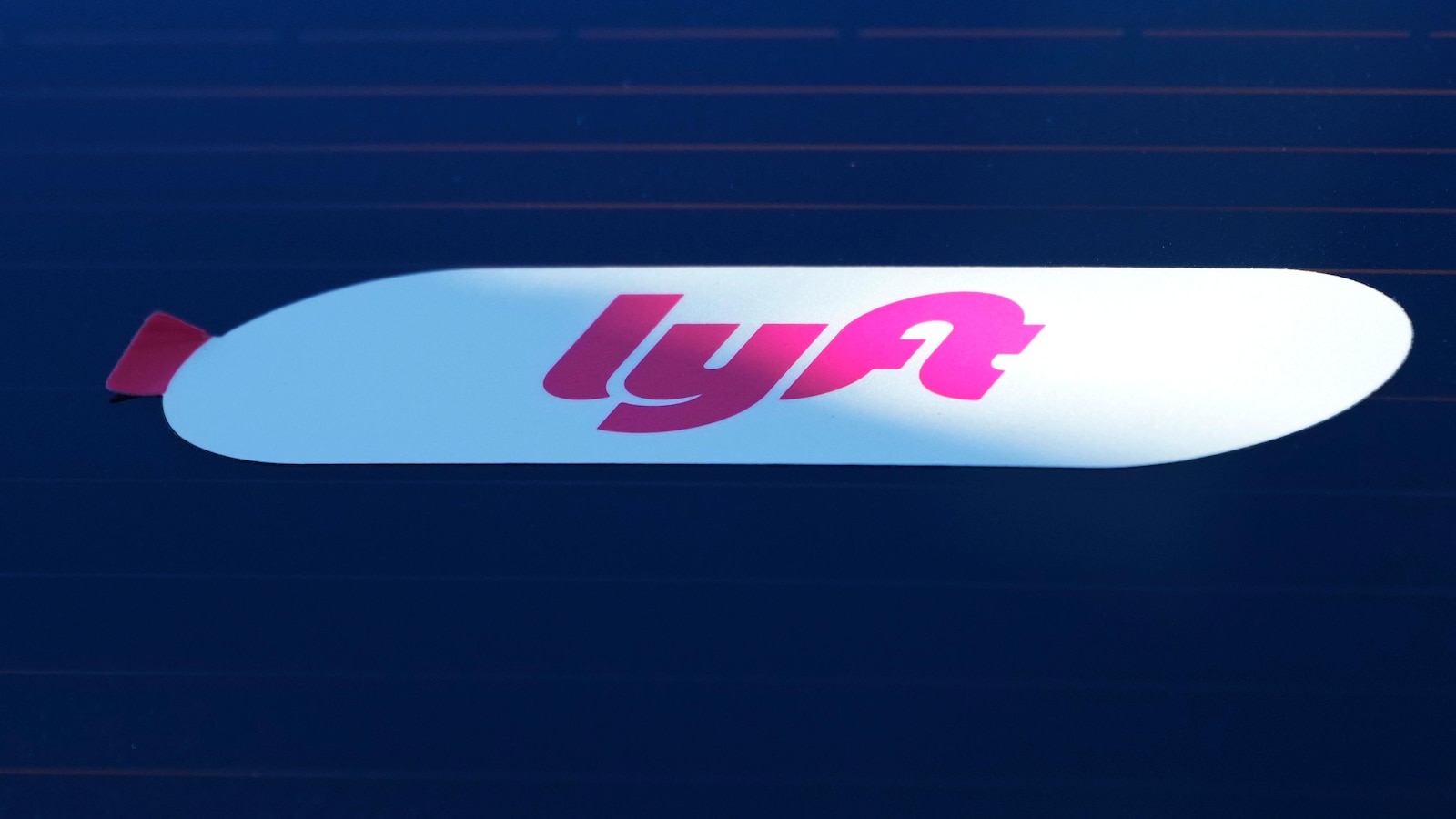Lyft Shares Plunge After Gross Bookings Disappoint
Lyft shares took a nosedive on Wednesday, their biggest loss in more than a year, after the ride-hailing app reported gross bookings that missed expectations. The stock fell nearly 13% to $9.54 per share, despite the company reporting its first quarterly profit of $5 million.
Lyft’s gross bookings for the second quarter came in at the low end of its forecast range of $4 billion to $4.1 billion. The company also projected the same range for the third quarter, falling short of Wall Street analysts’ expectations of $4.15 billion. Gross bookings are the total dollar value of transactions invoiced to riders, including taxes, tolls, and fees. They also include amounts billed for other offerings, such as bike and scooter rentals.
Lyft’s results followed a strong earnings report from its rival Uber, which sent that company’s shares up over 10% the previous day. Uber reported better-than-expected gross bookings and revenue, driven by strong demand for its ride-hailing and delivery services.
Despite the disappointing gross bookings, Lyft posted an adjusted profit of 24 cents per share on $1.44 billion in revenue, both of which exceeded Wall Street targets. The company also reported quarterly highs in active riders, rides, and driver hours.
Reasons for the Disappointment
Analysts cited several reasons for Lyft’s disappointing gross bookings. One was the ongoing impact of the COVID-19 pandemic, which has reduced demand for ride-hailing services. Another was increased competition from Uber, which has been offering aggressive discounts and promotions to attract riders.
Lyft also acknowledged that it has been facing challenges in acquiring and retaining drivers. The company has been raising driver incentives in an effort to address this issue, but it has weighed on its profitability.
Outlook and Implications
Lyft remains cautiously optimistic about the future, despite the challenges it faces. The company believes that demand for ride-hailing services will continue to recover as the pandemic subsides. Lyft is also investing in new initiatives, such as its self-driving car program and its partnership with rental car company Avis Budget Group, to drive growth in the long term.
However, the company’s near-term prospects remain uncertain. The ongoing competition with Uber and the challenges in the driver market will continue to weigh on Lyft’s financial performance. Investors will be watching closely to see how Lyft manages these challenges and executes on its growth initiatives.
Conclusion
Lyft’s disappointing gross bookings sent its shares tumbling on Wednesday, but the company remains committed to its long-term growth strategy. The ride-hailing market is a highly competitive one, and Lyft faces significant challenges from Uber and other competitors. However, Lyft has a strong brand and a loyal customer base, and it is investing in new initiatives to drive future growth.



